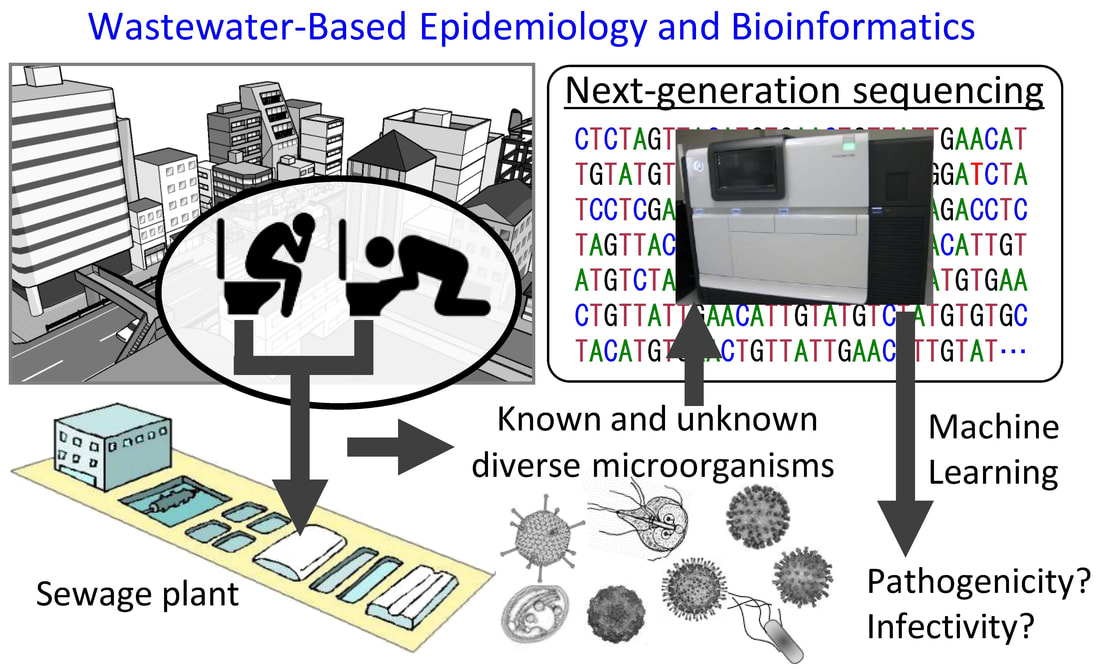|
Description of the position
The selected PhD candidate will work on wastewater-based epidemiology mainly targeting pathogenic viruses. WET Lab (e.g., DNA/RNA isolation and purification from wastewater, q-PCR) and DRY Lab research (e.g., Phylogenetic analysis, Next-generation Sequencing (NGS)-data processing) will be integrated; their weight balance will be determined based on the expertise and research interest of the candidate. Previous experiences with high-throughput data analysis (e.g., NGS bioinformatics), molecular laboratory analysis (DNA and RNA), and/or wastewater-based epidemiology (e.g., viral detection/quantification) is an advantage. Examples of research topics include but not limited to:
Application deadline and start date of the position
Eligibility
Contract details
Application and selection processes Applicants are encouraged to send the files below to Prof. Kozo Watanabe by email ( watanabe.kozo.mj@ehime-u.ac.jp ).
If you have any questions regarding the said position, please contact the email address above.
1 Comment
|
MECOH LabLatest news Archives
March 2024
Categories |


 RSS Feed
RSS Feed